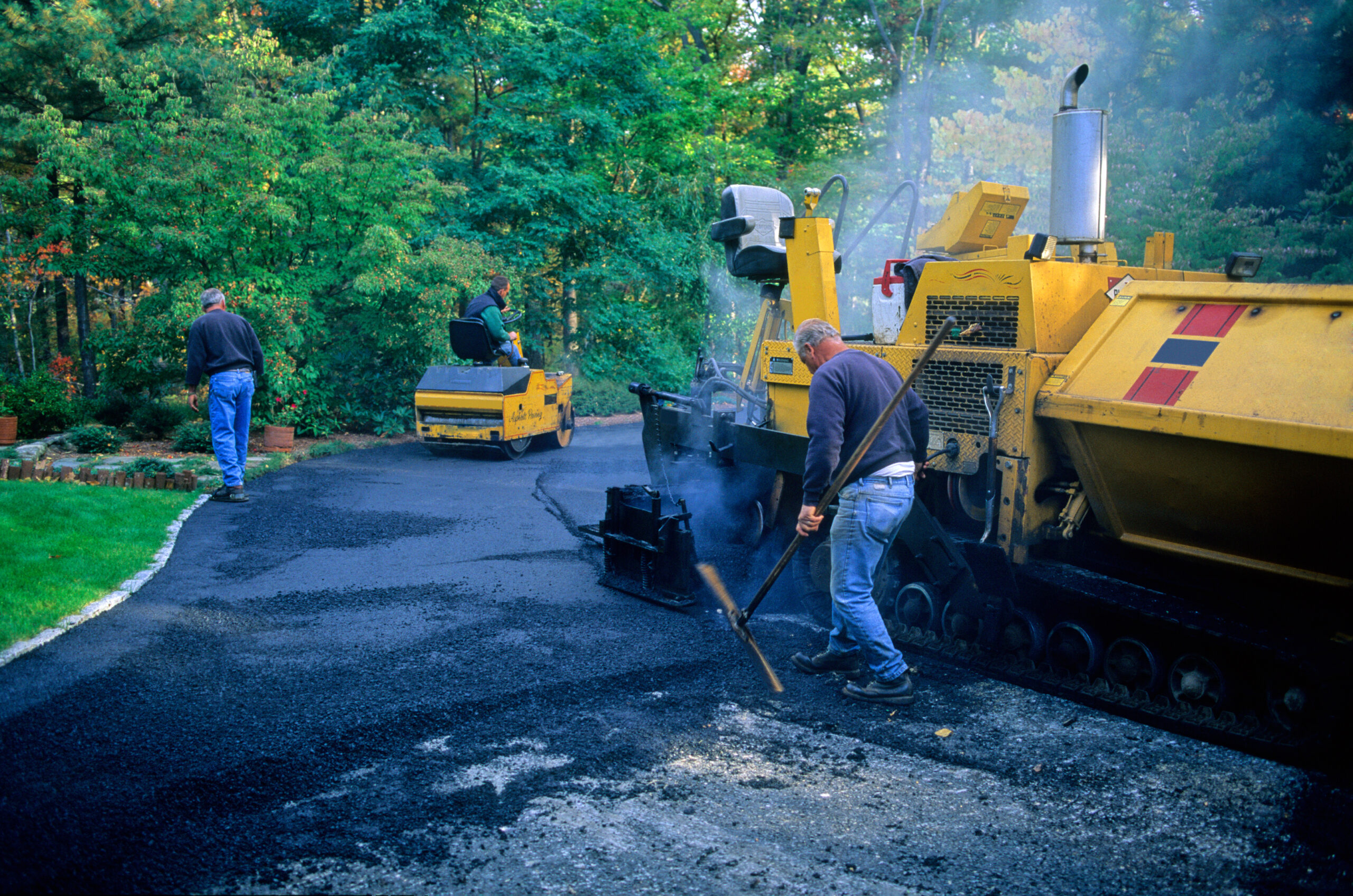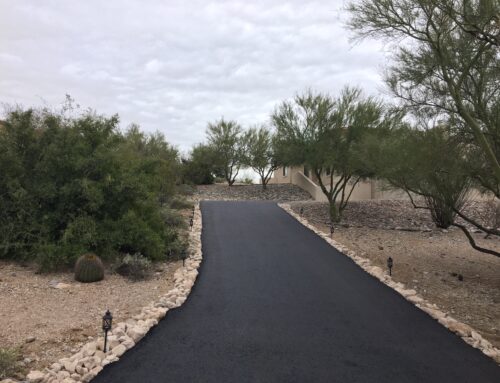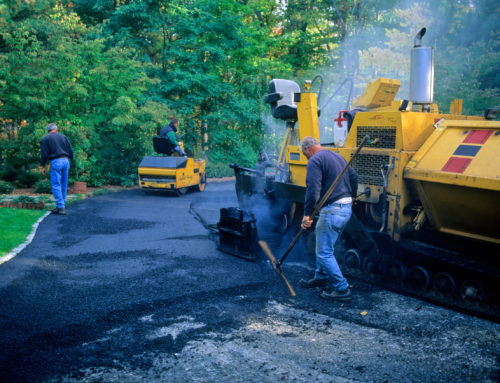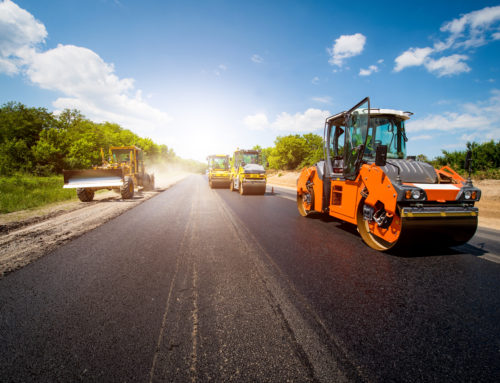When it comes to asphalt paving, not all mixes are created equal, especially when you factor in climate. Whether you’re paving a home driveway in Tucson or a parking lot in the Midwest, the performance and longevity of your asphalt surface can vary significantly depending on the type of mix used and the weather conditions it will endure. At Sunrise Asphalt, we understand the importance of selecting the right asphalt for the environment. This time on the blog, we’ll break down how climate affects asphalt, the different mix options available, and how to choose the best one for your region, starting with our own desert home in Southern Arizona.
Why Climate Matters in Asphalt Paving
Asphalt is a flexible material, but it responds dramatically to temperature extremes. Heat, cold, moisture, and freeze-thaw cycles can all impact how well your asphalt performs over time. That’s why paving professionals consider local climate as a key factor when designing pavement structures and selecting the appropriate asphalt mix.
In Hot Climates (like Tucson):
In places like Tucson, where summer temperatures regularly soar above 100°F, asphalt can become soft, leading to rutting, oil bleeding, and premature wear. High heat can also cause oxidation, which makes asphalt brittle over time.
In Cold Climates:
In northern states, where winters bring snow, ice, and freeze-thaw cycles, asphalt is at risk for cracking and potholes. Water can seep into small surface cracks, freeze, and expand, causing the pavement to break apart.
In Wet or Humid Climates:
Excessive moisture can lead to water infiltration, base erosion, and mold growth in poorly drained areas, further weakening the pavement.
Common Asphalt Mixes and Their Climate Compatibility
There are a variety of asphalt mix designs available, each tailored to perform best under specific conditions. Here are a few commonly used mixes and where they work best.
NOTE: Here at Sunrise Asphalt, we don’t use all of these. We know what works best for our climate and stick to it. But there are other options out there.
1. Hot Mix Asphalt (HMA)
- Best for: Warm, dry climates like Arizona and California
- Why: HMA is manufactured at high temperatures and cools quickly, making it ideal for areas that don’t see a lot of rainfall or freezing temperatures. It also resists rutting under extreme heat.
2. Warm Mix Asphalt (WMA)
- Best for: Moderate to warm climates with occasional moisture
- Why: WMA uses additives to lower the temperature at which the asphalt is mixed and laid, reducing emissions and energy use. It also improves workability, making it easier to install in cooler or shoulder seasons.
What’s Best for Tucson?
Here in Tucson, the primary concern is heat. The extreme temperatures of our desert climate mean we typically use hot mix asphalt (HMA) specifically designed for high-temperature performance. We also incorporate anti-oxidation additives and select aggregates that withstand UV exposure and thermal expansion.
Because rain is relatively infrequent but often comes in heavy bursts (think monsoon season), proper drainage design and installation are just as important as the asphalt mix itself. Without good water management, even the best mix can fail.
What About Freeze-Thaw Areas?
For clients outside the Southwest, like in Colorado, Minnesota, or the Northeast, freeze-thaw resilience is the priority. These climates benefit from polymer-modified mixes or Superpave-designed asphalts, which are engineered to handle cracking from thermal contraction and water expansion. Proper grading and sub-base installation are also crucial to prevent water from pooling beneath the pavement.
Partner with a Local Expert
When it comes to paving your driveway, parking lot, or road, choosing the right mix isn’t something you should leave to guesswork. At Sunrise Asphalt, we’ve been paving across Tucson and Southern Arizona for nearly 40 years. We know which mixes stand up to our unique climate and how to install them right the first time.
If you’re outside the desert Southwest, we always recommend working with a contractor who understands your local environment and can recommend the best materials for your area.
Choosing the right asphalt mix for your climate is one of the most important decisions in any paving project. It affects everything from initial performance to long-term durability and maintenance needs. Whether you’re paving under the scorching sun of Tucson or battling freeze-thaw cycles in the Rockies, there’s an asphalt mix designed to meet the challenge.
If you’re in Tucsson, we’re here to help! Let’s pave the way to a smoother, longer-lasting surface designed for your climate and built to last.
Contact Sunrise Asphalt Today!




